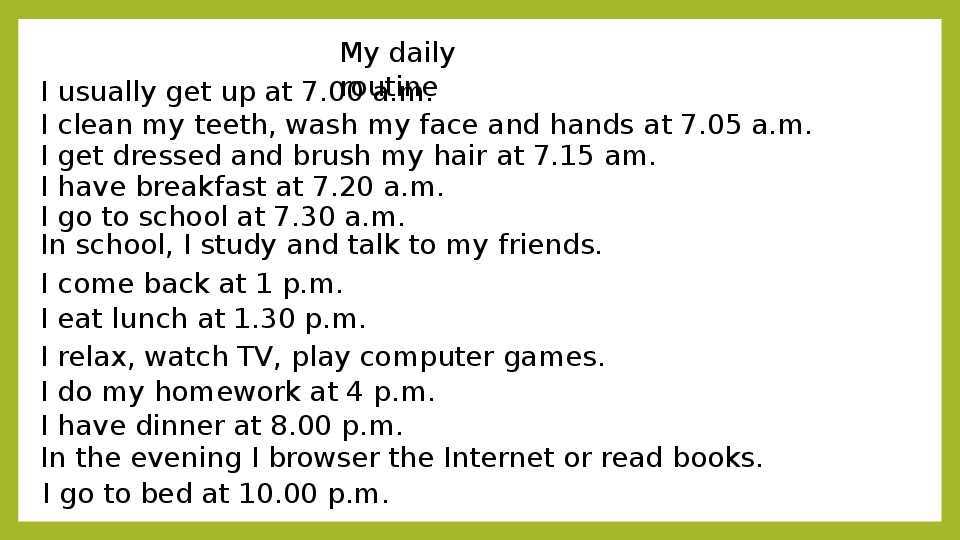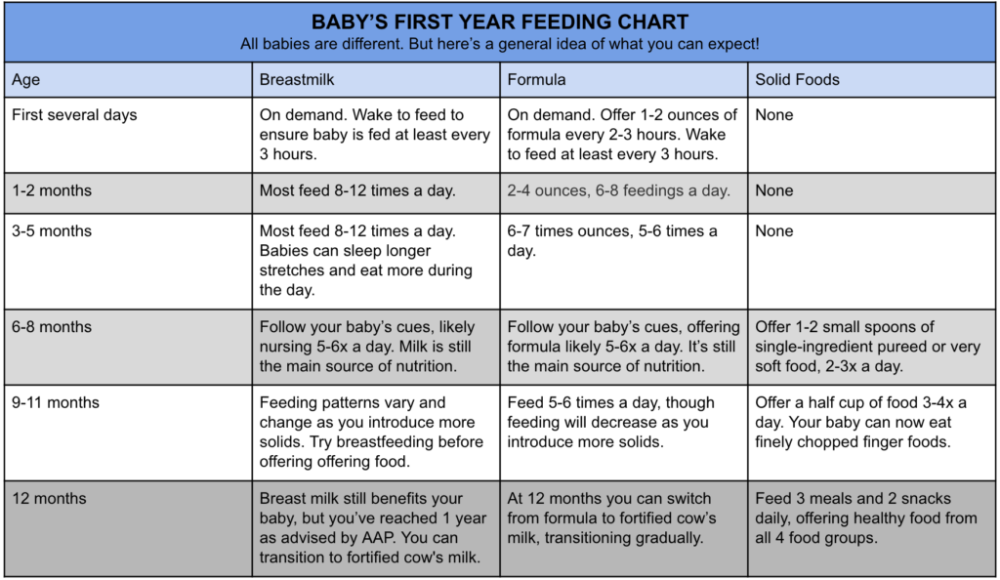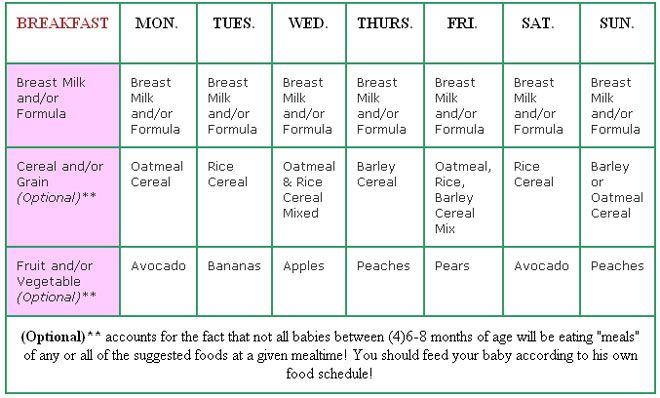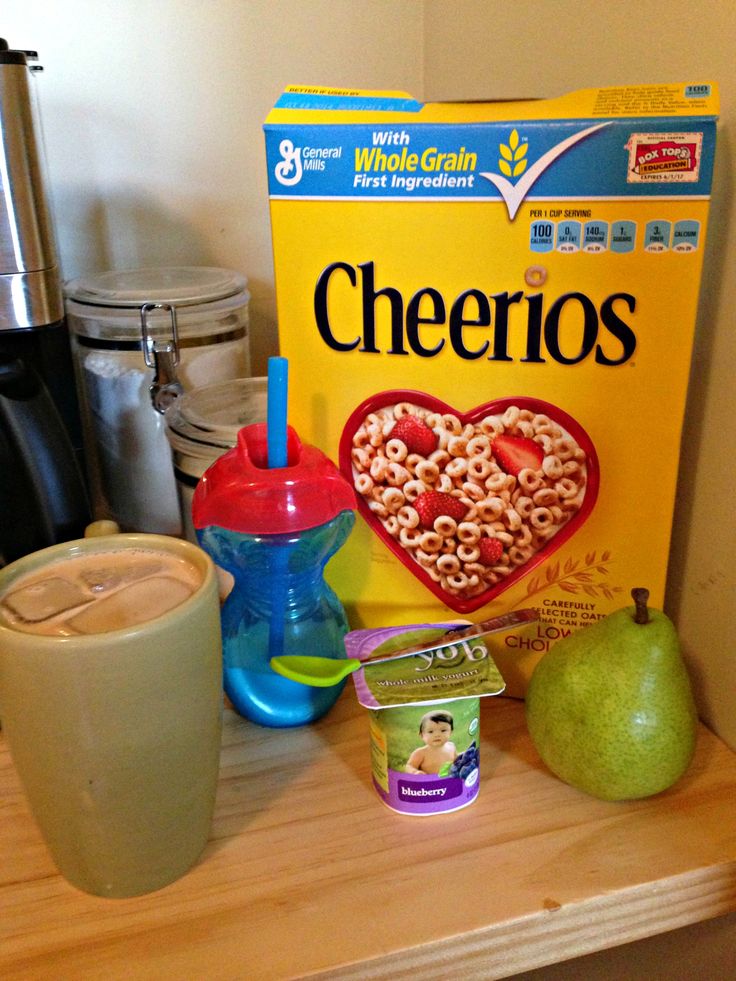Baby distracted while feeding
Is Your Baby Distracted While Eating?
When my daughter was a baby, I remember so many times when I tried to feed her but she was simply not interested. Instead of eating, all she wanted to do was look at the world around her. Have you seen this? Let’s talk about ways to help your baby be less distracted while nursing, eating, or bottle feeding.
Why is my baby so distracted during feedings?#
In short, the world is just so exciting that it’s hard to focus on eating! As your baby gets older, he becomes more and more aware of his surroundings, making distracted eating so common.
At what age do babies get distracted while feeding?#
Distracted eating is common at any age, but you can see an increase at 3-4 months and 8-10 months.
At 3-4 months, your baby is becoming more aware of the world around them. They are also learning the beginnings of communication (smiling and cooing), recognizing familiar faces and objects, reaching for toys, and maybe experiencing the 4 month sleep regression. All of these are so much more exciting than eating.
At 8-10 months, your baby is understanding more about object permanence. Object permanence is the developmental understanding that a thing can still exist even when your baby doesn’t see it anymore (and is part of the brain development that brings on the 8-10 month sleep regression). Your baby may be distracted while eating as their little brain is busy making all these new connections.
What can you do when your baby is distracted during a feeding?#
1. Consider the environment and where you are offering the feeding. #
If you’re home, find a quiet room with little or no distractions. Turn off the TV and any music. Close the door if you have other children at home playing and making noise. Make sure there are no bright or flashing lights, and consider putting your phone down during eating times.
If you’re in public, try to find a place free from people and noise. Your baby can be easily distracted by all the unfamiliar faces, noises, and actions happening around her.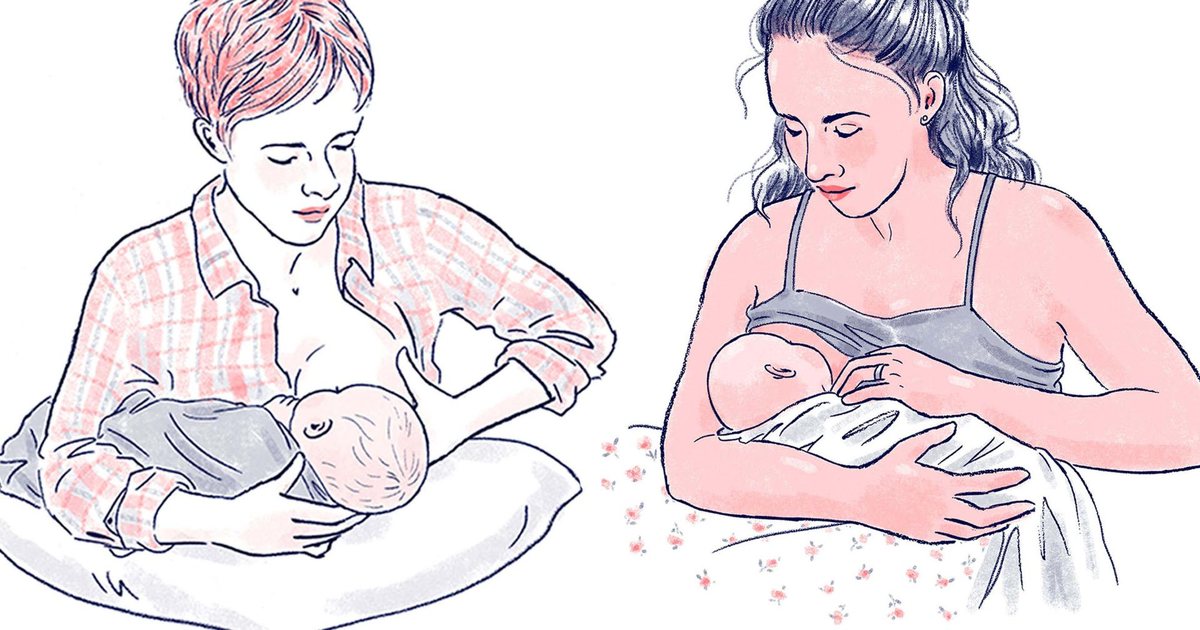 I know finding a quiet place to feed your baby while outside your home can be difficult, so just do the best you can.
I know finding a quiet place to feed your baby while outside your home can be difficult, so just do the best you can.
Wherever you decide to feed your baby, you want the space to be bright since feeding times are part of your baby’s awake time. For newborns, this is especially important if they are experiencing day-night confusion.
2. Consider how often your baby is feeding.#
Most babies do best with feedings offered every 2.5-3.5 hours during the day for their entire first year (and even beyond).
Check to see if you’re offering your baby feedings too close together. We are always responsive to a baby's hunger cues, but it’s possible that what seems like distracted feeding is that your baby is just not hungry, which is leading to “snacking.”
3. Notice when the distraction is happening.#
Is your baby distracted while eating only at certain times of the day? You may need to check their wake windows to be sure your baby isn’t overtired, which can make feeding trickier.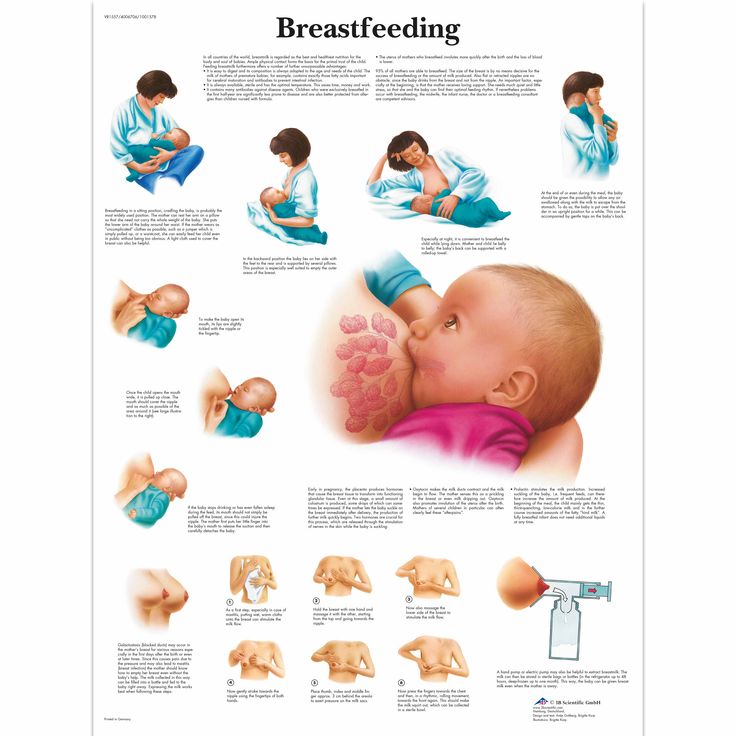
Is distracted eating only happening towards the end of feedings? This could be a sign your baby simply isn’t hungry or is finished with that feeding. Sometimes it can be tempting to try to “tank up” with an extra feeding or extra ounces before bedtime, but overfilling your baby’s belly just before bedtime isn’t a “cure” for nighttime wakings. It’s the calories consumed throughout the entire day that help your baby sleep well at night. And babies often wake during the night for many other reasons besides hunger.
4. For bottle-feeding babies, it can be helpful to consider nipple size.#
As your baby gets older, they become much more efficient eaters, and eating doesn’t take as long as it did in the first few months of life. If you're using a slower flow nipple, your baby may get distracted while eating because he wants the milk to come out faster. Consider moving up a nipple size to see if it helps. Watch your baby, and check the bottle brand’s recommendations when making this change.
5. Offer your baby something to hold and focus their attention.#
Sometimes your baby may need something to hold their attention during a feeding. Consider giving them a toy or lovey to play with while nursing. Or try wearing a teething necklace to help keep your baby’s hands busy while drinking from her bottle.
What if my baby only wants to eat while sleeping?#
Sometimes I hear from parents who have babies who are so distracted during the day that they only eat while asleep. This can wreak havoc on both eating and sleeping.
If you find your baby is having short naps, frequent night wakings, or this distracted eating is causing you to struggle, my classes can help. Every family’s needs are different, and in my classes, I’ll show you how to meet your baby where they are developmentally, set them up for sleep success, and get those needed calories while they're awake.
Remember, you don’t have to walk this journey alone!
Breastfeeding Your Distracted Baby - La Leche League USA
Kelley S. and her family
and her familyRecently, the La Leche League USA Facebook page shared a parent’s concern about her distracted nursling:
“Jacquie J. asks, ‘My five month old barely seems to want to do anything but nurse during the day and then nurses all night long. Someone told me that he’s just trying to wean. I think he’s just distracted. What can I do?’”
Have you experienced this? We’d venture to guess that Jacquie J. is hardly alone in this challenging time with her five-month-old son. It’s normal and developmentally appropriate for older babies to become distracted during nursing sessions as they become more engaged and interested in the world around him. However, that doesn’t mean it’s not frustrating at times!
Let’s hear from parents who have found ways to make it through this phase with both their patience and nursing relationship intact.
“I turn off the television, put my phone down, dim the lights and make sure we’re free from distractions there. If my little one continues to unlatch, I’ll let the feeding go and continue to notice and follow his hunger cues. I can always pump for relief.” – Kelley S.
I can always pump for relief.” – Kelley S.
“We go to a separate place and I tell everyone to leave us alone. Sometimes she likes music and sometimes-complete silence. And sometimes I have to let her wiggle it out and try again in a few minutes.” – Mary M.
“It could also be teething. Look up reverse cycle* (nursing)! I thought mine was distracted (which it was partly that) but it turned out to be teething. Barely nursed during the day but nursed all night to make up for it.” – Jennifer R.
“My babe got to an age where she was easily distracted, too. I then began nursing her in a quiet room, in a rocking chair. I also have always used a salt lamp when light is needed for its soft glow. It works great for night feedings to keep the mood of sleepiness going.” – Abby C.
“I can only nurse my daughter in her room now, with her sound machine and no one in there. She started that at five months, too! Find a quiet, calm, boring place and they’ll nurse!” – Kelly B.
Alison W. and her kids
and her kids“This reminds me of my second. We would often go to his room, dim the lights, and play some white noise or soft soothing music. I often couldn’t even have my phone because he would want to see what I was doing. If we were out and about I would try to find a quiet place with low stimulation such as the back seat of the car with a loose nursing cover, or a guest room at a friend’s house.” – Alison W.
“I have to nurse with no one around or my husband and son have to be silent or she gets distracted. It’s pretty funny at times. She used to bite me if people talked while she was nursing. She’d look at me as if to say ‘Make them stop,’ and then if they still talked she’d nip me. I started saying, ‘I told them and they didn’t listen.’ Soon after that she’d stop nursing and look at the person talking (usually daddy), he’d say sorry and she’d go back to nursing. She was one year old.” – Kate R.
“Nursing in a carrier. Nursing while holding and standing, walking, swaying. White noise. A quiet, sometimes dim room. Nursing to sleep. Nursing during nap/night. Nurse as they are waking. These were all tools I used to make sure baby was nursing enough.” – Sarah W.
White noise. A quiet, sometimes dim room. Nursing to sleep. Nursing during nap/night. Nurse as they are waking. These were all tools I used to make sure baby was nursing enough.” – Sarah W.
*Reverse cycle nursing refers to a nursing pattern when a baby nurses very little during the day and makes up for it by nursing frequently at night. The lack of daytime nursing might be because of a distracted baby, separation due to work, or even just a busy day with less time than normal taken for nursing sessions.
Please send your story ideas to Amy at [email protected].
Supporting Breastfeeding Families–Today, Tomorrow, Always
Please consider donating to La Leche League USA.
Donations of any amount are gratefully accepted. Thank you!
Distracted while eating - life hacks and when it passes: malyshi — LiveJournal
?- Children
- Cancel
Please share the experience of anyone else). The kid, a little over three months old, became terribly distracted during the guards. At first, he greedily pounces on his chest, drinks rumbling for five minutes, and then starts - he took the nipple, arched back and so on endlessly until he gets bored and throws a tantrum. Naturally, therefore, it gains little calories during the day, it is good that it compensates at night. But this situation terribly annoys me, it is very uncomfortable for both him and me, plus I really don’t get enough during the day. nine0015
What I tried: feeding in bed under the covers (helps every other time), feeding in a darkened room, in complete silence, etc. Now I threw a tantrum almost immediately, I had to feed and walk holding it in my arms for almost forty minutes (7 kg, as it were, you don’t really vilify for a long time). It’s ideal, of course, to be like at night, but it’s very light in our room during the day and sometimes he sweats so much under the covers that he also starts to protest. At first it was good when he fell asleep and ate, but in a dream he practically does not swallow at all, that is, he also receives little food. All this began about ten days ago and coincided with the arrival of grandmothers whom the child did not yet know. In general, they left and I stayed with these painful feedings. Has anyone else had this and when will it go away? Feeding is so very annoying, but it is clear that you have to endure. The most tinny is the morning and afternoon when the child is super active, begins to be distracted almost immediately. Well, he also fell out of love with his right breast especially - he throws it with a cry exactly ten minutes later (I spotted it). nine0015
It’s ideal, of course, to be like at night, but it’s very light in our room during the day and sometimes he sweats so much under the covers that he also starts to protest. At first it was good when he fell asleep and ate, but in a dream he practically does not swallow at all, that is, he also receives little food. All this began about ten days ago and coincided with the arrival of grandmothers whom the child did not yet know. In general, they left and I stayed with these painful feedings. Has anyone else had this and when will it go away? Feeding is so very annoying, but it is clear that you have to endure. The most tinny is the morning and afternoon when the child is super active, begins to be distracted almost immediately. Well, he also fell out of love with his right breast especially - he throws it with a cry exactly ten minutes later (I spotted it). nine0015
I'll also ask mothers of babies - do you also have restless children on weekends? I've been at home with him all week alone, my husband rarely comes in time to have time for the bath, so he sees little of his son. And I have a strong feeling that on weekends the child is overexcited by the fact that the two of us sleep much worse and are generally more restless. And how are you?
And I have a strong feeling that on weekends the child is overexcited by the fact that the two of us sleep much worse and are generally more restless. And how are you?
Tags: 3-6 months
Subscribe
-
Clothing post
About clothes, good and different. nine0015
-
Clothes for a thin girl 9-10 years old
Where in Moscow to buy clothes for a thin girl 9-10 years old with a belly? And so that the store had a website - I'm in Israel.
-
Clothing post
Let's discuss the clothes of our beads, their beautiful mothers and courageous dads Previous nine0047 ← Ctrl ← Alt
- 1
- 2
Next
Ctrl → Alt →-
Clothes post
About clothes, good and different.

-
Clothes for a thin girl 9-10 years old
Where in Moscow to buy clothes for a thin girl 9-10 years old with a belly? And so that the store had a website - I'm in Israel. nine0015
-
Clothes post
Let's discuss the clothes of our beads, their beautiful mothers and courageous fathers
Behavior during feeding. Your baby from birth to two years
Behavior while feeding. Your baby from birth to two yearsWikiReading
Your baby from birth to two years old
Sears MartaContents
nine0014 Feeding behaviorBreak the schedule. By two months, if it hasn't happened before, you will understand that the feeding schedule is an illusion of the authors of books for parents who are not part of the intimate circle of people who directly feed the children, especially when it comes to breastfed babies.
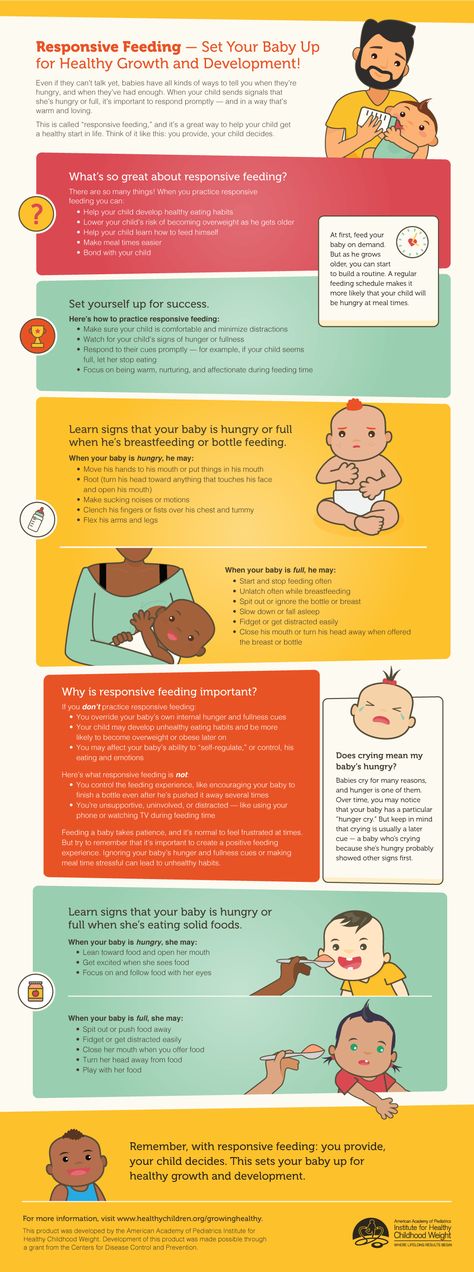 For example, some breastfed babies like to give themselves crowded feedings, suckling several times for an hour or two and then going three to four hours without feeding. Forget the hard word "mode" and think in terms of "harmony » : Paying attention to your child's signs rather than the clock and being more flexible in your response to your child's individual temperament and lifestyle. We prefer the more flexible term "feeding in response to signs of suckling" to "feeding on demand".
For example, some breastfed babies like to give themselves crowded feedings, suckling several times for an hour or two and then going three to four hours without feeding. Forget the hard word "mode" and think in terms of "harmony » : Paying attention to your child's signs rather than the clock and being more flexible in your response to your child's individual temperament and lifestyle. We prefer the more flexible term "feeding in response to signs of suckling" to "feeding on demand". Now that the child can see clearly at a distance of two to three meters, he looks not only at your face while feeding and is distracted by other visitors to his restaurant. Your baby may suckle for a bit, then stop and look at an interesting scene or a person walking by, and then go back to work. When a baby is regularly weaned from the breast or even the bottle, the feeding process becomes lengthy and troublesome. nine0015
This text is an introductory fragment.

Feeding technique
Feeding technique How to breastfeed your baby • Turn the baby with his tummy towards you so that the head and body are in line. If you try to feed the baby lying on the back, then he will have to turn his head to the chest, he
Breastfeeding schedule
Breastfeeding regimen Up to 3 months: about 17 breastfeeds per day. 3 months: 5 feedings per day, plus nightly. 4–5 months: 4–5 feedings, plus some solid food. 6 months: 3 breastfeeds per day: early in the morning, at bedtime and once a day. 9 months: 2 infants
Preparation and feeding process
nine0014 Preparation and feeding process What do you need to feed your baby? milk mixture; bottles and nipples; a plate and spoon designed specifically for feeding babies;? sterilizer for bottles, nipples and other accessories;? detergentsFeeding mode
Feeding mode Artificial children should receive food exclusively according to the regimen.
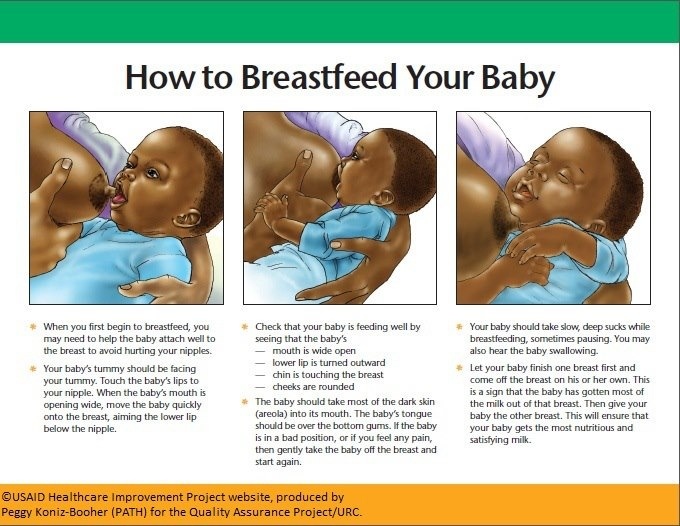 Therefore, in maternity hospitals, the “hourly” feeding regimen is established from the first days of a newborn’s life: 6 or 7 times a day (for healthy full-term babies) at intervals of 3–3.5 hours and
Therefore, in maternity hospitals, the “hourly” feeding regimen is established from the first days of a newborn’s life: 6 or 7 times a day (for healthy full-term babies) at intervals of 3–3.5 hours and During feeding
During feeding Setting the table, inviting the kids to breakfast (lunch, afternoon snack), helping them eat, the teacher must necessarily accompany his actions with speech: name serving items, dishes, ask the children what they eat, whether they like soup (cutlet,
First feedings
First feedings You can put your baby to the breast just a few minutes after birth. Unless a complication prevents this (such as breathing problems), immediately after delivery your baby should be placed on your chest, stomach to stomach, cheek to
Nursing pillows
Nursing pillows These pillows are designed specifically to lift the baby to breast level and securely support him in the lap of a nursing mother.
 They comfortably wrap around mom's waist and help her relax her back. Nursing pillows are especially comfortable for
They comfortably wrap around mom's waist and help her relax her back. Nursing pillows are especially comfortable for Feeding strategies
Feeding strategies To make sure your child gets more food than hits the floor, mix your child's developing skills with a big pinch of patience and drizzle in some laughter. Introduce table-talk. Eating is communication. When you offer
Additional feeding strategies
Additional feeding strategies How to open a locked mouth. Never spent precious hours preparing your 1 year old's favorite meal only to sit down at the table, scoop up a delicious morsel with a spoon, and stumble upon
Sling breastfeeding positions
Positions for breastfeeding in a sling The cradle position is the usual position for breastfeeding in a sling for a baby of any age.
 However, the sling by itself does not hold the baby close enough to the breast to ensure a proper latch. Requires
However, the sling by itself does not hold the baby close enough to the breast to ensure a proper latch. Requires Night feedings
Night feedings Due to their small digestive systems, babies need to be fed in the middle of the night; but how to bring night feedings to naught when they have already become more of a habit than a physiological necessity? Some moms ask, "My
Snacks and feeding times
Snacks and feeding times One-year-olds are not limited to breakfast, lunch and dinner: they will not refuse snacks between feedings. Some children "graze on the forage" during the day, while the amount of food they eat each time they come to the table is
Check feeding technique
nine0014 Check your feeding technique If you are breastfeeding, make sure your baby is latching on properly and not swallowing air.

